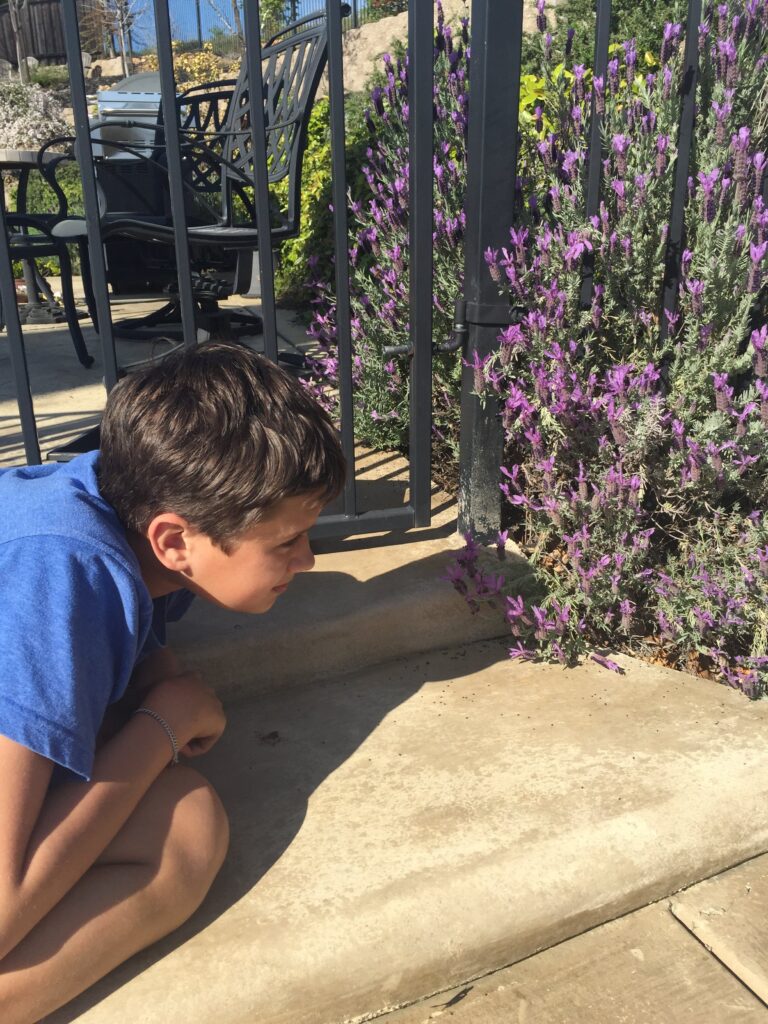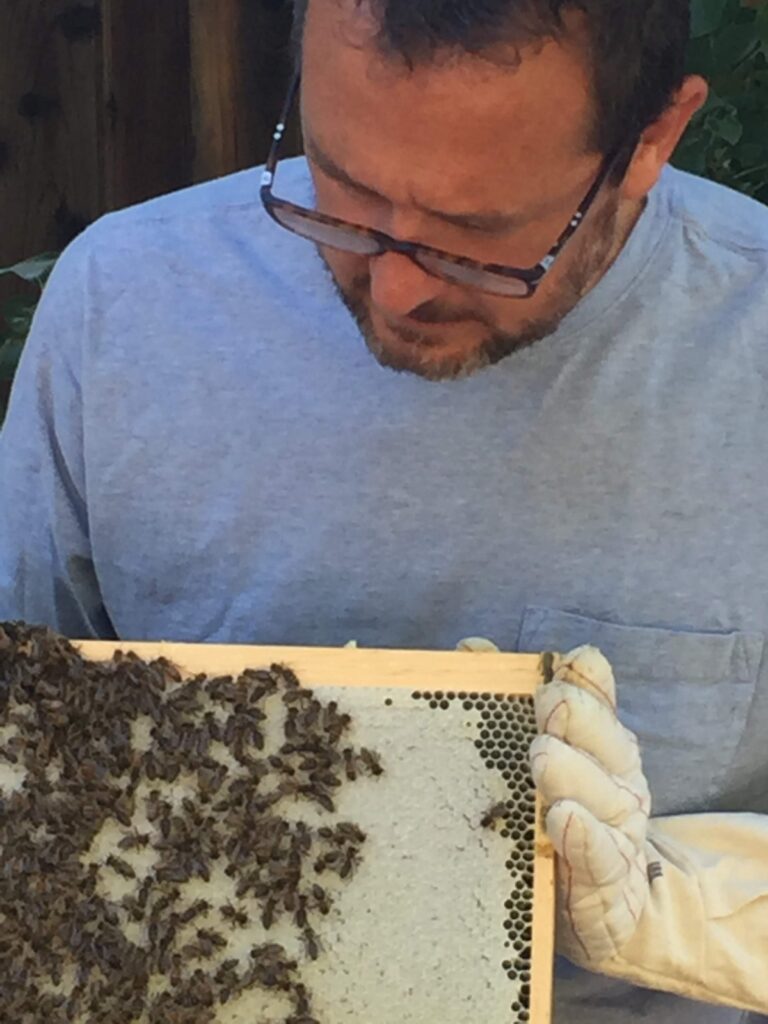Beekeeping or Apiculture is the maintenance and raising of Honey Bee colonies by a beekeeper. Apiology. The study of honey bees is known as Apiology.
So again why did we start? Was it easy? Nope! Beekeeping takes time. It takes effort. It challenges you to keep learning. At some point, it’s going to frustrate you and upset you. You will lose bees to cold, heat, predators, etc. Was it to make money? No. Getting into any hobby or career, keeping bees comes with its own financial costs. You need a hive, beekeeper equipment, and the most important element of all – bees! Perfect Bee is an excellent source.
Many beekeepers start their careers because they understand why bees are so important and are inspired to join the effort in protecting and preserving these hard-working honey bees. Apiary bee starter kits and learning everything there is to know about these fascinating creatures at places like Mann Lake Bee & AG Supply.
Local Bee Groups are also wonderful resources of information.
According to the FDA “Honey bees are big money makers for U.S. agriculture.” The U.S. Department of Agriculture’s National Agriculture Statistics Service states honey bees made 157 million pounds of honey in 2019. With the cost of honey at $1.97 per pound, valuing it at over $339 million. In addition, beeswax is the second most important hive product from an economic standpoint. However, the greatest importance of honey bees to agriculture isn’t a product of the hive at all. It’s their work as crop pollinators. This agricultural benefit of honey bees is estimated to be between 10 and 20 times the total value of honey and beeswax.
PennState Extension offers a wonderful online course on bee’s place and importance.
The need to save the bees can not be understated. They are tiny workers that keep everything running smoothly in our ecosystem and it is important to protect them. There is a wealth of information that is easy to obtain. Ignoring the problem with not make it go away.

Did getting bees help Jackson with his autism? Hmm, well, it started us on our journey. So yes it did.

